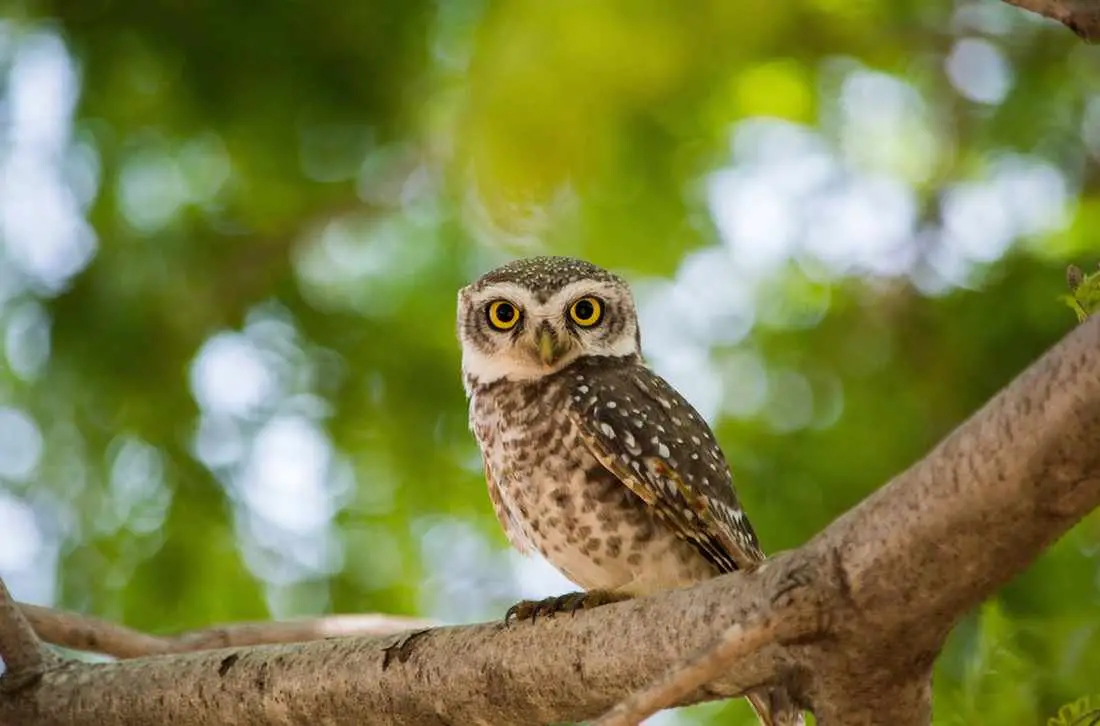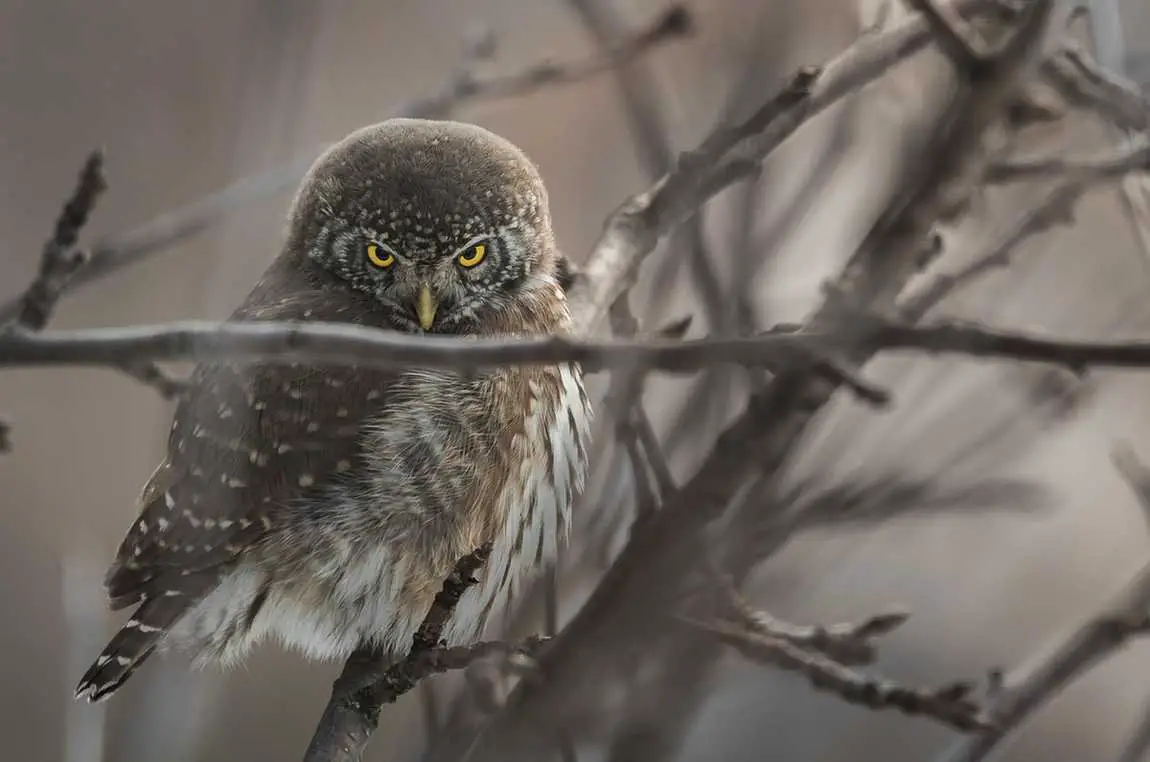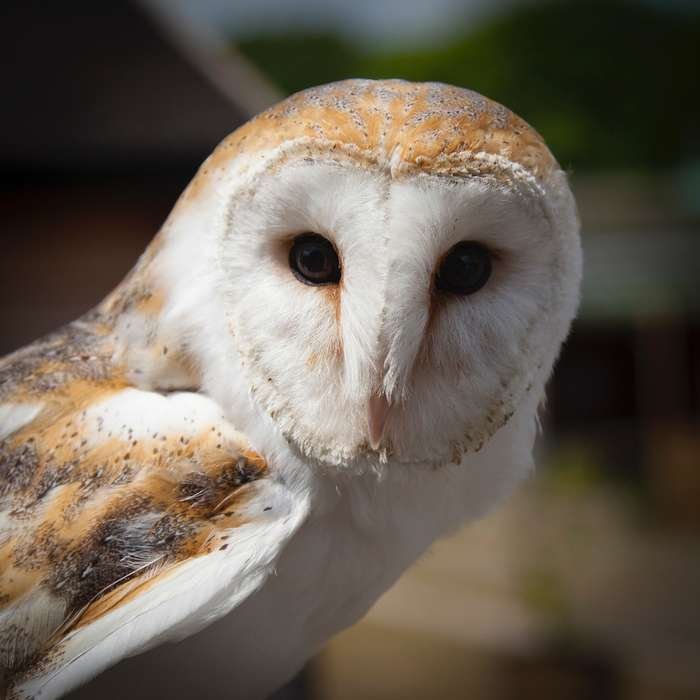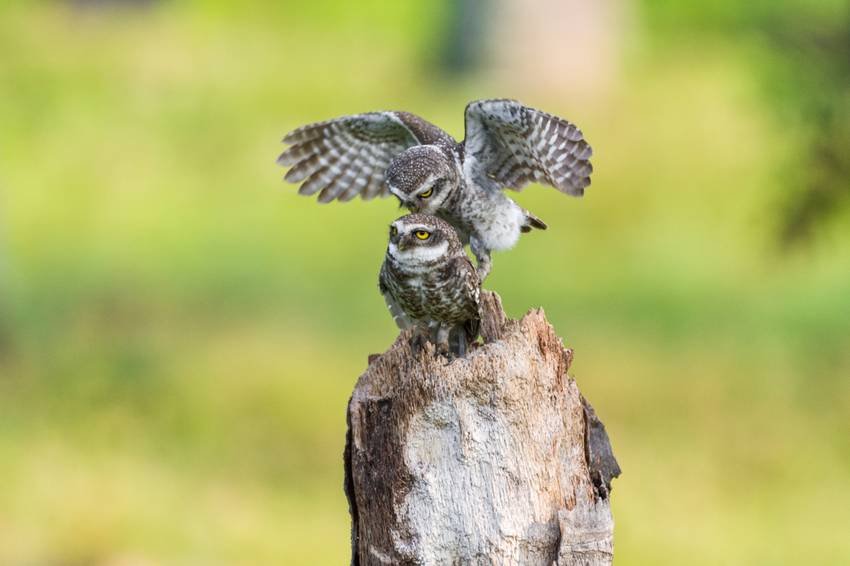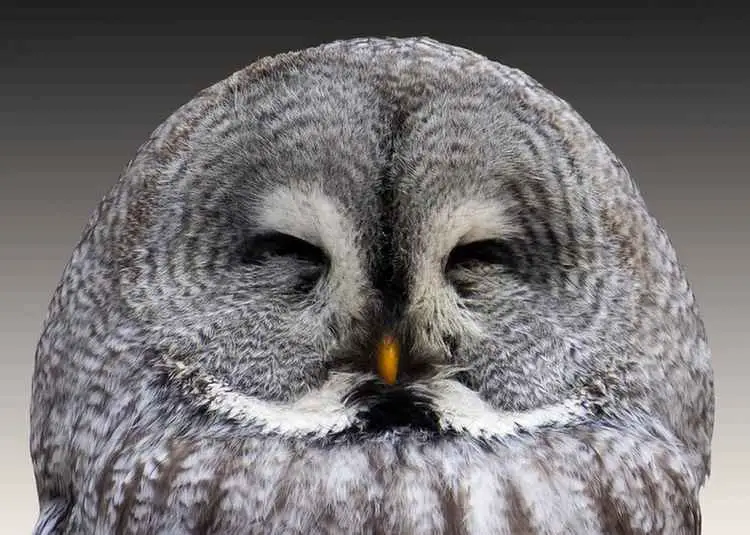How Long Do Owls Live?
There are over 250 species of owls in the globe, thus there is no definitive answer to the question “how long do owls live?” Depending on a variety of factors, such as its life cycle, habitat, eating habits, size, and natural predators, each species may have a unique, finite lifespan.
The life expectancy of owls varies by species. In truth, some species of owls can live for 40 years or more, while others have a significantly shorter lifespan. It also varies significantly depending on whether the owl is a wild animal or an indoor pet.
Owls likely have the longest life expectancy compared to any other bird species. It is highly likely that a baby owl given as a present to a newborn human infant will still be alive when the youngster becomes an adult. This excellently exemplifies the adaptability and versatility of this unique bird.
How long do various species of owls live?
In the wild, a Barn Owl will only live for around 5 years on average, but with proper care, these birds have been known to live for up to 20 years.
Barn Owls only live for about 5 years on average. In addition, there is evidence that Barn Owls can live to be as old as 28 years.
On the other hand, typical owls have a greater propensity for living longer. The average lifespan of an owl is anywhere from 7 to 20 years when kept as a pet and 15 to 25 years when living in the wild. In spite of this, there have been sightings of enormous specimens that have survived for more than 60 years!
In captivity, Great Horned Owls, scientifically classified as Bubo virginianus, have been recorded to live for up to 42 years, with an average lifespan of 20 years.
The lifespan of a Boreal Owl (Aegolius funereus) is approximately 16 years when kept in captivity, although it can reach at least 20 years when living in the wild.
However, they should never be touched by humans because they are extremely sensitive and quickly stressed. This could cause them to stop feeding or possibly die from heart failure if they are subjected to it for an extended period of time.
It has been shown that Elf Owls (Micrathene whitneyi) can live up to 7 years old in captivity; however, due to their little size, the majority of them only live for two or three years.
Athene cunicularia, more often known as Burrowing Owls, are one of the few species of owls that make their homes in subterranean burrows as opposed to the more common tree hollows or caves where the majority of other owl species make their homes.
In spite of this disparity, they can still live anywhere from 14 to 21 years old when kept in captivity, however in the wild, they typically only make it to 4 or 5 years of age due to the numerous threats they face there.
Even though they might not live as long as other species do when removed from their original environment, these tiny creatures nonetheless need a lot of protection since they play a significant role in reducing the number of pest populations, which in turn enables a great deal of other species survive.
There have been reports of Snowy Owls (Bubo scandiacus) living to be at least 30 years old, and some have even made it to the age of 40. This is far longer than the average lifespan of most other species.
There is a growing consensus among experts in the scientific community that the Snowy Owl is only a few generations away from becoming extinct.
In captivity, Barred Owls (Strix varia) have been reported to live for 20 years, although in the wild they often only make it to the ages of 4 or 5 years old before succumbing to famine or sickness.
However, barred owls are particularly sensitive to stress, which often causes them to stop eating when they have grown too stressed out. Although there are very few natural predators that may attack them, they are very vulnerable to stress.
If they do not obtain food quickly enough once that occurs, then it is highly likely that they will not survive another year out in the wild.
Reasons why owls live long
There are a lot of factors that have an impact on how long owls are expected to live. The size of the bird, the environment in which it lives, and the food it eats are the most essential aspects of these.
The owl’s body size, diet, habitat, and the natural enemies that live in their environment can all have a significant impact on whether or not it will live a long and healthy life.
The size of a bird is one of the most critical factors that determines its expected lifespan. In general, the larger an owl is, the longer it takes for it to breathe for each breath.
Carnivorous animals, such as owls, derive the majority of their nutrition from the flesh of other animals.
On the other hand, there are some circumstances, such as starvation or intervention from humans, that could force them to switch to a herbivorous or omnivorous diet. This has the potential to have a detrimental effect on the bird’s health and might potentially reduce the amount of time it has left to live.
In the same way, the habitat of the bird, which refers to its natural surroundings, also plays a role in determining how long an owl lives. In addition, these birds are surrounded by a lot of potential life-threatening predators, such as humans and other animals, which could endanger their lives.
These environmental factors either stunt the development of owls or facilitate their growth, depending on how favorable they are.
You may also like to read Why Do Owls Hoot? All You Need To Know
Owls, who are often seen as symbols of wisdom, can live the longest or the relatively shortest lives, depending on a variety of characteristics such as their habitat, environment, size, and more.
Now that you have an idea of how long owls might live, you can have a better appreciation for how vital it is to preserve the natural environments in which they live.
By safeguarding these little fellows, we’re also doing a good thing for the rest of the species in their ecosystems.
It is necessary to give them with an environment that is owl-friendly, minimising the use of dangerous chemicals and substances. This will help them live for a longer period of time.
